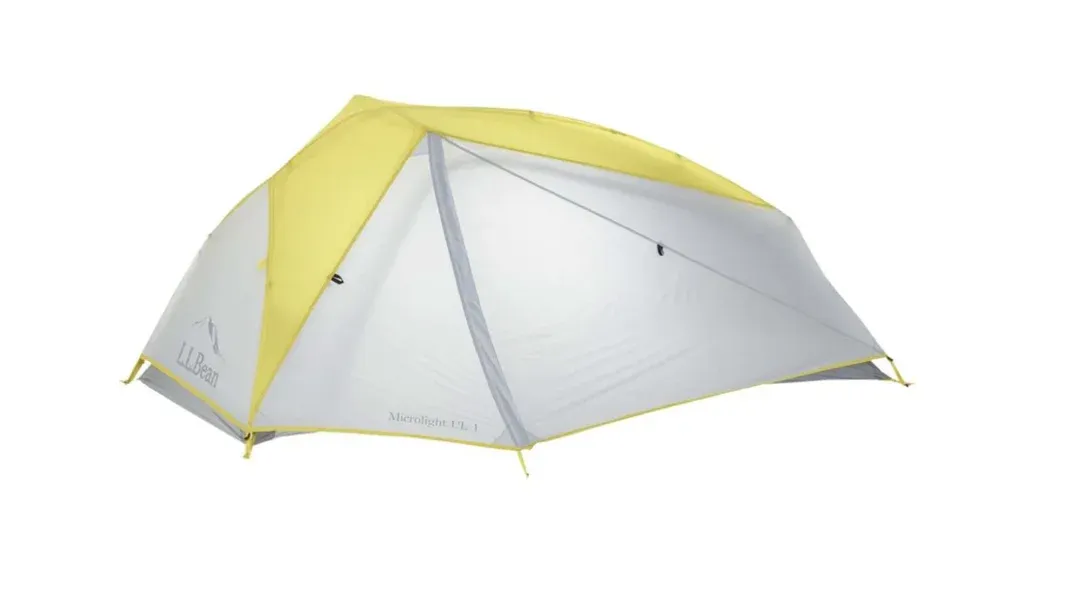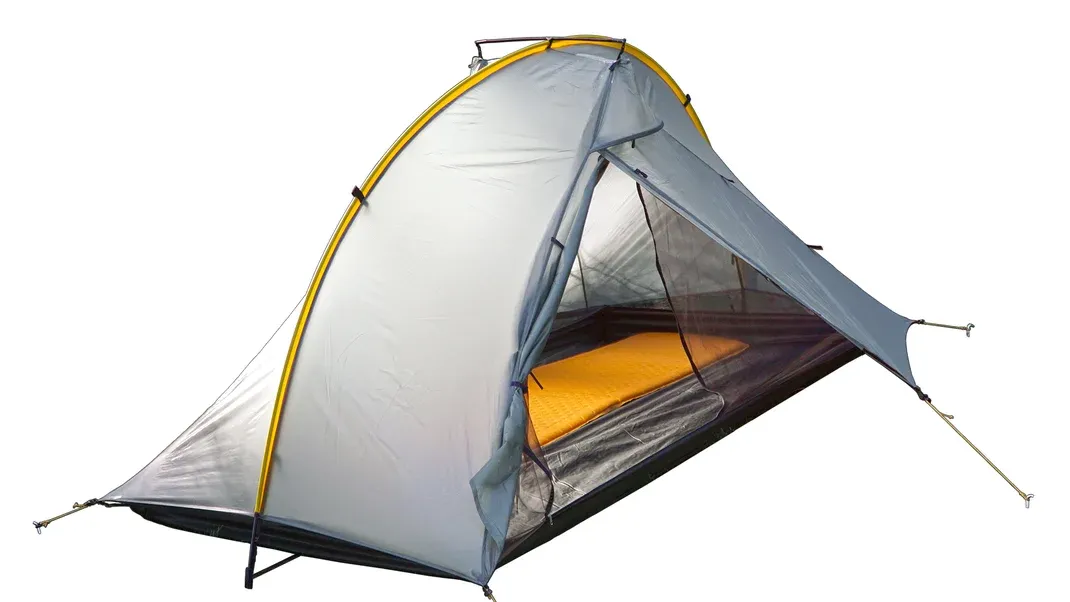Dayhiking Gear Checklist
A dayhiking gear checklist is a list of essential items to bring on a day hike. This includes items such as a backpack, water bottle, hiking shoes, sunscreen, and a map or GPS device. Other important items to bring are a first aid kit, snacks, a headlamp or flashlight, and a multi-tool or knife. It is important to pack appropriately for the weather, such as bringing extra layers for colder temperatures or a hat and sunglasses for sunny conditions. Having a well-prepared gear checklist ensures that hikers are equipped for a safe and enjoyable day on the trails.

Dayhiking is a popular outdoor activity that offers individuals the opportunity to explore nature, get some exercise, and enjoy the great outdoors. Whether you’re a seasoned hiker or a newbie, having the right gear is essential for a safe and enjoyable day on the trails. To ensure you’re well-prepared for your dayhike, it’s important to have a comprehensive gear checklist that includes all the essentials you’ll need for a successful outing.
Starting with the basics, the most important piece of gear for any dayhike is a comfortable and durable pair of hiking boots or shoes. Your footwear should provide good ankle support, traction, and protection from rough terrain. It’s also important to wear moisture-wicking socks to keep your feet dry and prevent blisters. Additionally, wearing moisture-wicking clothing is crucial for regulating body temperature and staying comfortable throughout your hike. A lightweight, breathable shirt and pants are ideal for warm weather, while layering with a moisture-wicking base layer, insulating mid-layer, and waterproof outer layer is recommended for cooler temperatures.
Staying hydrated is essential during any outdoor activity, so carrying an adequate supply of water is a must. Depending on the length and difficulty of your hike, a hydration pack or water bottle with a filtration system can ensure you have access to clean drinking water throughout your adventure. In addition to water, packing high-energy snacks like trail mix, energy bars, and fruit can help keep your energy levels up and prevent fatigue.
A well-packed dayhiking backpack is crucial for carrying all your gear and supplies. Look for a backpack with adjustable straps, multiple compartments, and a comfortable hip belt to evenly distribute the weight and minimize strain on your back. Inside your backpack, you’ll want to include a first aid kit with bandages, antiseptic wipes, pain relievers, and any necessary medications. A basic survival kit with a whistle, fire starter, emergency blanket, and multi-tool can also come in handy in case of an unexpected emergency.
Navigation tools are essential for staying on course and finding your way back to your starting point. A topographic map, compass, and GPS device can help you navigate unfamiliar terrain and avoid getting lost. It’s also a good idea to carry a headlamp or flashlight in case your hike extends into the evening hours.
Protection from the elements is crucial for staying safe and comfortable during your dayhike. Sunscreen, sunglasses, and a wide-brimmed hat can protect your skin and eyes from harmful UV rays, while a lightweight rain jacket and packable poncho can shield you from unexpected rain showers. Insect repellent and a whistle can also help keep pests at bay and signal for help in case of an emergency.
In addition to the essentials, there are several optional items that can enhance your dayhiking experience. A lightweight, packable chair or blanket can provide a comfortable place to rest and enjoy a snack or lunch. Binoculars can help you spot wildlife and take in scenic views, while a camera or smartphone can capture memories of your hike. Trekking poles can provide extra stability and support on uneven terrain, and a portable camping stove or portable water filter can expand your food and drink options on longer hikes.
Before heading out on your dayhike, it’s important to consider the specific needs of your chosen trail and the current weather conditions. Researching the trail ahead of time and checking the weather forecast can help you determine the appropriate gear and supplies to pack. It’s also important to let someone know your hiking plans and estimated return time in case of an emergency.
In conclusion, having a comprehensive dayhiking gear checklist is essential for a safe, comfortable, and enjoyable outdoor adventure. By packing the right gear and supplies, you can ensure you’re well-prepared for whatever the trail may bring and make the most of your time in nature. Whether you’re exploring a local trail or venturing into the wilderness, having the right gear can make all the difference in your dayhiking experience.


